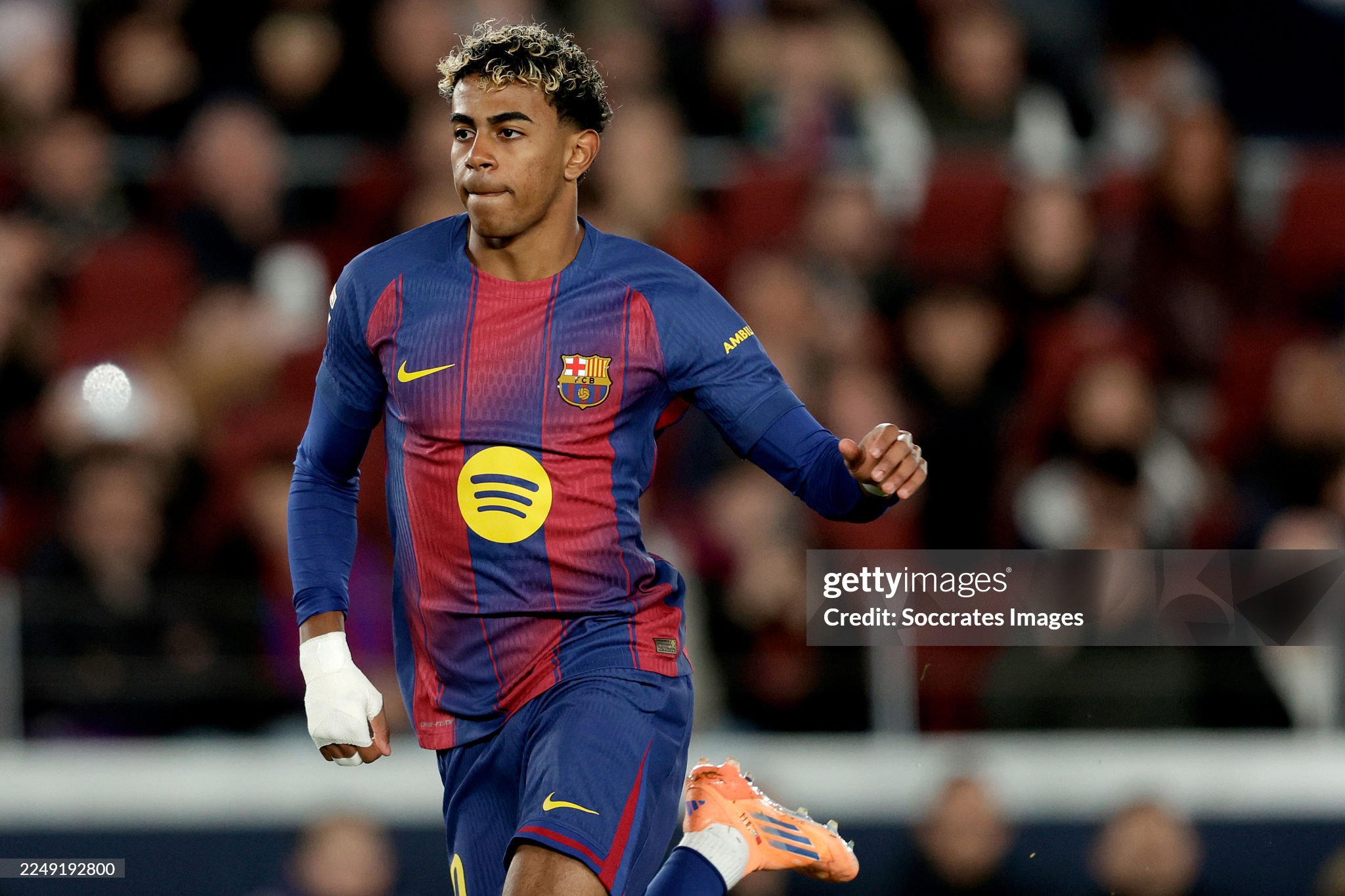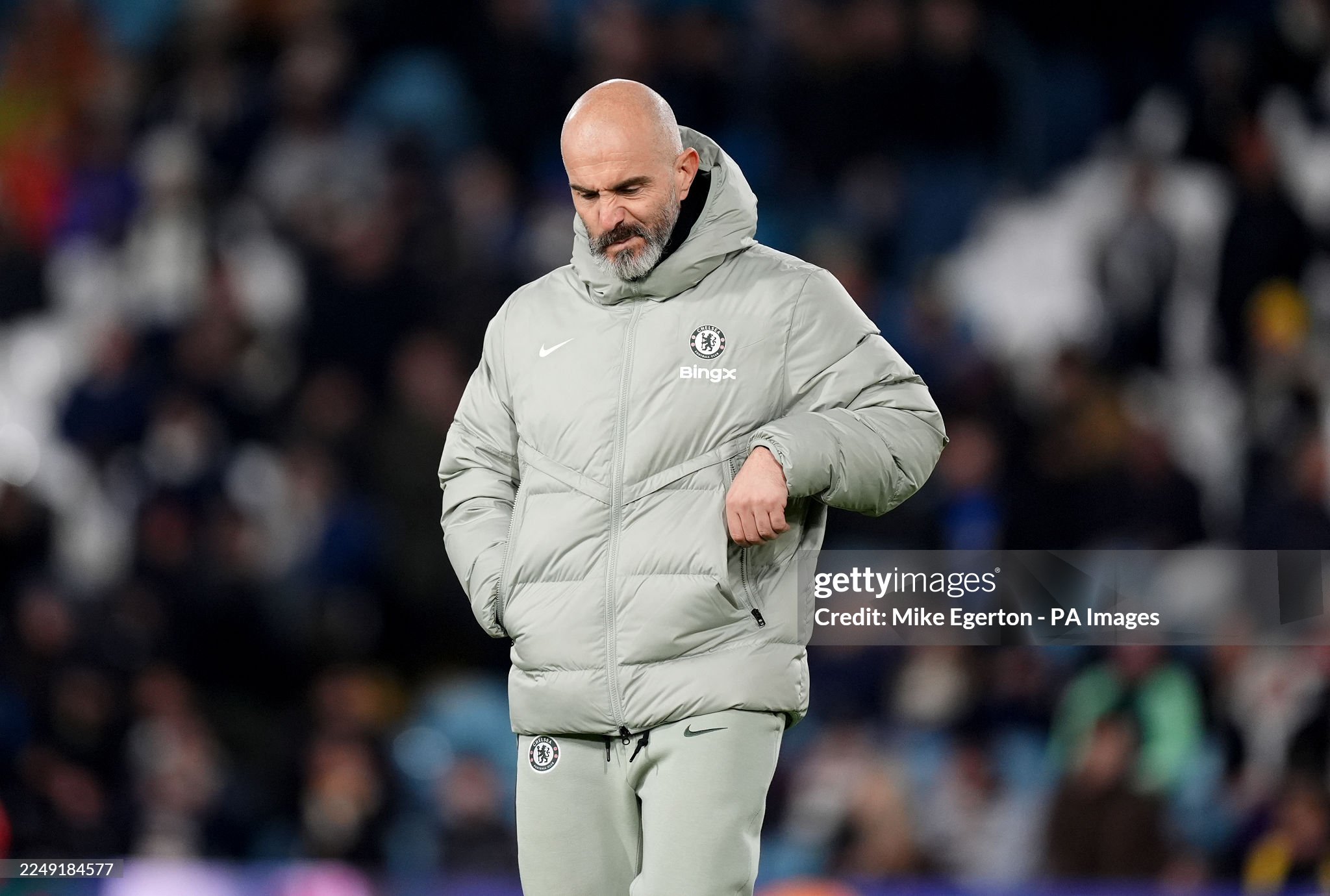The Spanish players’ union (AFE) is not enthusiastic about La Liga’s idea of staging a league match in the United States. On Monday, it was announced that the Spanish Football Federation (RFEF) had approved the match between Villarreal and Barcelona to be played in Miami. However, there are three parties that could still block it.

The La Liga fixture between Villarreal CF and FC Barcelona, originally scheduled for December 21, 2025, at Villarreal’s Estadio de la Cerámica, is at the centre of a growing dispute in Spanish football after plans emerged to move the game across the Atlantic to Miami, Florida.
The proposal, championed by La Liga president Javier Tebas, would see the match staged at the Hard Rock Stadium, an arena with a capacity of over 65,000 that regularly hosts major international sporting events, from NFL games to high-profile football friendlies and even the annual Miami Grand Prix.
The idea is part of La Liga’s broader effort to strengthen its foothold in the United States market, a region seen as critical for future growth in broadcasting rights and sponsorship revenue. The league has long admired the Premier League’s dominance in international commercialisation and has made no secret of its ambition to challenge it by taking competitive Spanish matches abroad. Miami, with its large Spanish-speaking population and proven ability to stage major football events, has been identified as the perfect launchpad for this strategy.
But while the RFEF (Spanish Football Federation) granted provisional approval to the plan earlier this week, the reaction from the Spanish players’ union (AFE) has been one of firm caution. According to Catalan radio station RAC1, discussions between the AFE, La Liga, and the RFEF have been tense from the outset, with the union making clear its concerns about both the practicalities and the principle of moving a competitive fixture overseas. The AFE has already voted against the proposal in its current form, citing a lack of consultation and unanswered questions that directly affect the players involved.
One of the most contentious aspects of the affair is that the players were kept entirely out of the loop until just days ago. As Mundo Deportivo reported, the captains of the two clubs Marc-André ter Stegen for Barcelona and Dani Parejo for Villarreal were completely unaware that negotiations were even taking place. The news came as a surprise not only to them but also to other team leaders across La Liga, who suddenly found themselves needing to assess a major shift in the competition’s calendar and logistics without any prior briefing.
In response, both Ter Stegen and Parejo have approached the AFE for detailed explanations before deciding on their stance. Their queries go well beyond the obvious question of where the match will be played. They want to know if the trip will allow for sufficient rest before and after the game, particularly given La Liga’s packed December schedule and the risk of long-haul travel impacting player performance and injury rates. They are also asking for specifics on the climate conditions in Miami which can still be warm and humid in late December the type and quality of the playing surface, the extent of medical and insurance coverage for an international fixture, and, crucially, whether any extra income generated from broadcasting and sponsorship will be shared fairly among the teams and players.
The plan now sits in a delicate position. Even with the RFEF’s approval, two more powerful governing bodies must sign off before it can happen: UEFA, which regulates European football and must authorise the relocation of any official domestic league fixture outside its home territory, and FIFA, which controls the global calendar and has the final say on matches played beyond national borders. On top of that, the AFE holds veto power if the players collectively reject the proposal once all the relevant information is on the table. This means that, in theory, any one of these three entities could halt the Miami plan entirely.
This is not the first time La Liga has attempted to export one of its matches to the United States. In 2018, a proposed fixture between Girona and Barcelona, also at the Hard Rock Stadium, was blocked after a combination of legal challenges, FIFA resistance, and player opposition. At the time, both the AFE and many club executives argued that moving a league match abroad would undermine the principle of fair competition, as it deprives one team of its home advantage while introducing unpredictable travel and environmental factors. Those same concerns are resurfacing now, with the added tension that this time the fixture in question involves two of Spain’s biggest clubs, including global giant Barcelona.
Supporters of the move point to the commercial upside. Playing in Miami could bring in millions of euros in extra revenue through ticket sales, international broadcasting deals, and corporate partnerships. For Barcelona, which has been grappling with financial difficulties in recent seasons, and for Villarreal, which operates on a smaller budget and could benefit from global exposure, the financial lure is significant. La Liga also argues that staging a competitive match abroad sends a strong signal about the league’s willingness to innovate and reach fans beyond Spain.
Yet, opponents argue that the pursuit of commercial gain risks alienating the very supporters who give the league its identity. Season ticket holders in Villarreal would lose the chance to watch a marquee match at their home stadium, while fans in Spain at large could feel that domestic football is being sold to foreign markets at their expense. Player welfare is another major sticking point, with concerns over fatigue, jet lag, and the possibility of injuries caused by rapid shifts in climate and playing conditions.
As it stands, the future of the December 21 clash remains uncertain. The next steps will involve a series of consultations, both within Spain and internationally, as La Liga attempts to persuade UEFA, FIFA, and the AFE that the move is both feasible and beneficial. For now, the match is caught between competing visions for the future of the sport: one that prioritises tradition and local supporters, and another that embraces globalisation and commercial opportunity. The decision, when it comes, could set a precedent for how far domestic leagues are willing and able to take the game beyond their borders.







